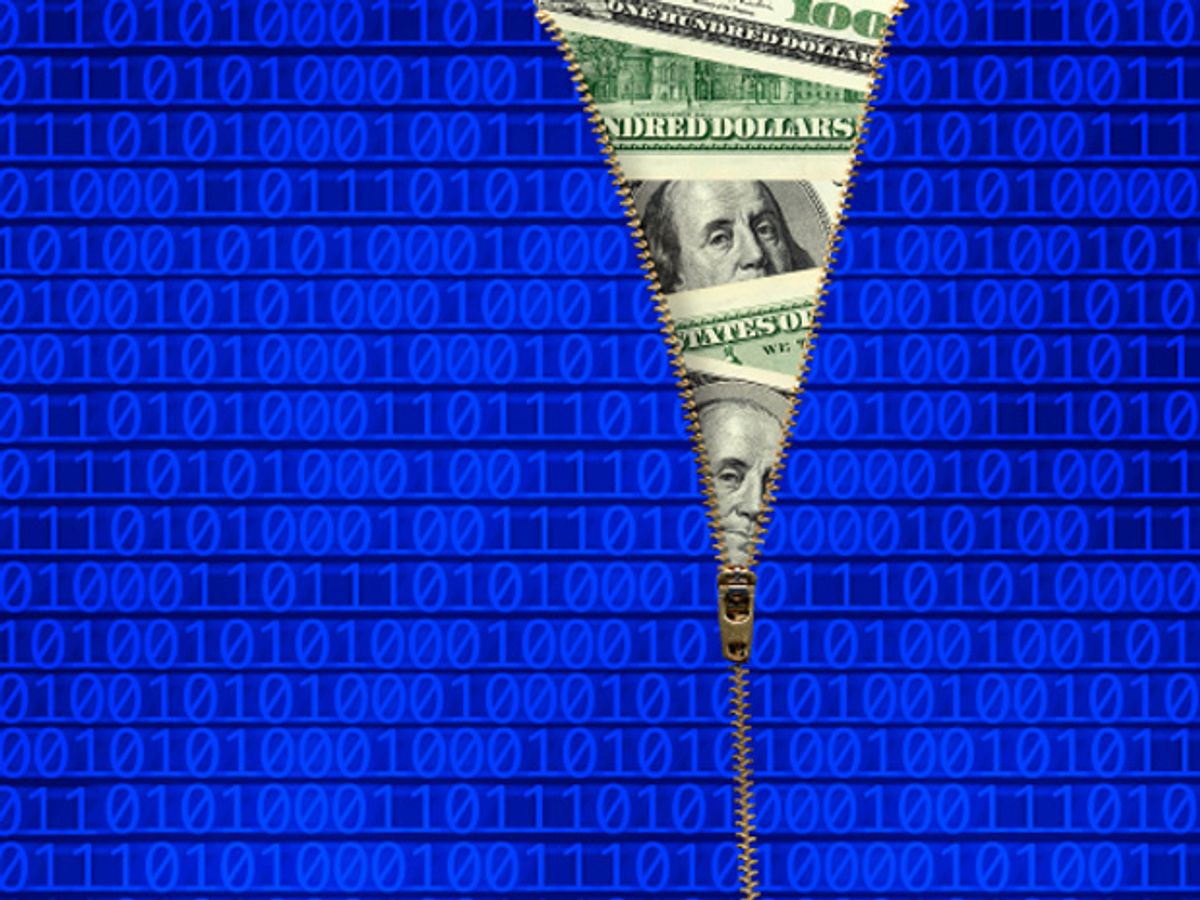U.S. Government Snooping
Germany says the United States may have spied on Chancellor Angela Merkel’s mobile phone.
Mexico condemns alleged NSA hacking of its president’s e-mail.
Critical Infrastructure in the Crosshairs
Bugs in equipment used to run the U.S. Emergency Alert System, which sends out notifications in the case of a natural disaster or other serious situation, could still let an attacker send fake alerts—three months after a researcher reported the vulnerabilities.
In Other Cybercrime News…
Obamacare exchange contractors had past security lapses.
A U.S. federal court in Idaho recently ordered a software developer's computer seized and its contents copied without prior notice because the developer described himself as a "hacker" on his website
Image: iStockPhoto
Willie Jones is an associate editor at IEEE Spectrum. In addition to editing and planning daily coverage, he manages several of Spectrum's newsletters and contributes regularly to the monthly Big Picture section that appears in the print edition.




